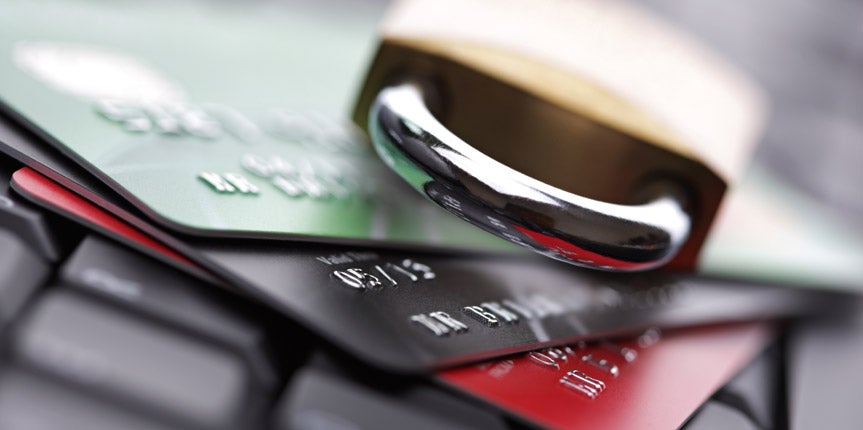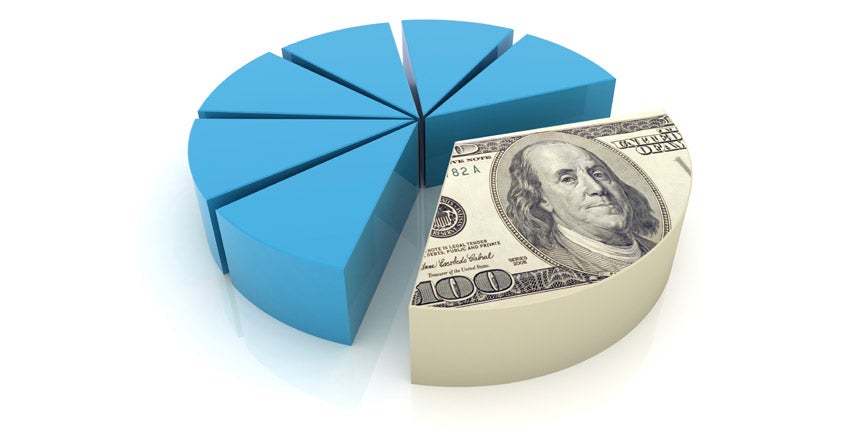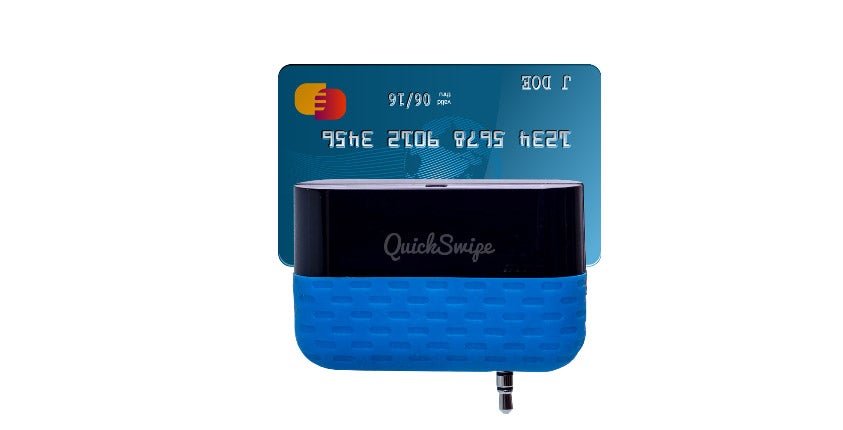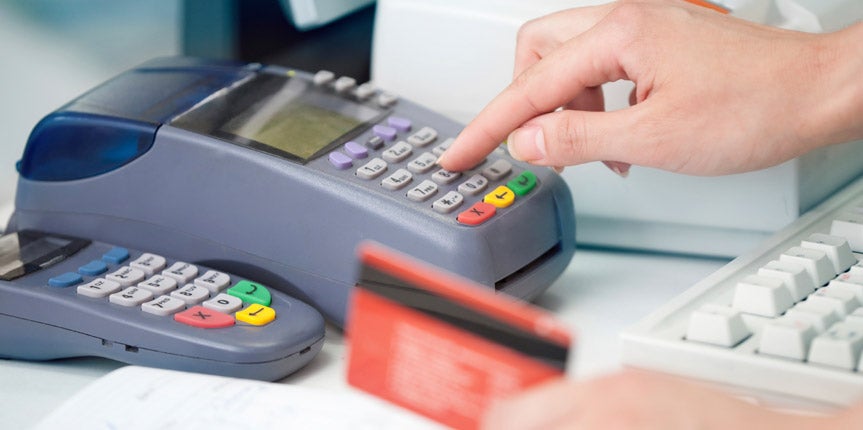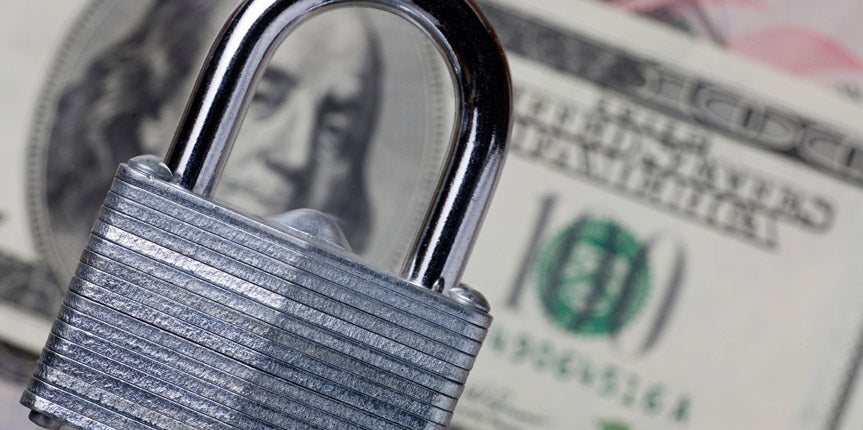Posts by BlueFin
Chargebacks Defined
A chargeback is a credit card processed sales transaction that occurs when your customer disputes the transaction or when you fail to follow proper credit card acceptance and authorization procedures. The result of a chargeback is a reversal of the transaction, the withdrawal of funds from your merchant account and a deposit of the funds…
Read This ArticleHow Do Business Categorization, Industry, and Location Impact Merchant Rates?
There are many factors that will determine what kind of fees you are charged by your processor. There are some factors that you can control, such as limiting charge-backs and fraud exposure, and others that you cannot, such as how you accept payments, your industry, and your physical business location. Business Categorization Your business categorization…
Read This ArticleThe Basics of PCI Compliance
Payment Card Industry (PCI) Compliance refers to legal requirements aimed at protecting cardholder information by preventing security breaches and data theft. The PCI DSS (Data Security Standards) Council sets standards that any merchant who holds, processes, or transmits cardholder information from any card association must comply with. What You Need to Know to Get Started…
Read This ArticleFactors that Determine the Transaction Fee
Transaction fees, also called effective rates or merchant fees, are fees that are charged to you by your payment processor on each transaction processed. The fee includes the bank interchange, the credit card association fees, and the processor fee. There are several factors that will determine your transaction fees: Your type of business. A women’s…
Read This ArticleBluefin Payment Systems Partners with GoSmallBiz to Provide Quickswipe Mobile Payments
Bluefin Payment Systems, the leading provider of security and payment technology to retailers and Independent Software Vendors (ISVs), has partnered with GoSmallBiz.com to provide Bluefin’s QuickSwipe mobile point-of-sale system to GoSmallBiz.com clients. GoSmallBiz.com already provides business consulting, mentoring, tools and services for small business owners and entrepreneurs. Adding this mobile payment processing solution gives on-the-go…
Read This ArticleSelecting the Right Payment Processing Solution
Consumers want a variety of ways to pay. But choosing the best payment processing solution for your business can be confusing, because there are so many payment options and merchant account providers. Here are five easy steps to follow when researching which payment and processing solutions are best for your business—and your customers: 1. Evaluate…
Read This ArticleChoosing the Right Processing Equipment for Your Business
The primary categorizations of business are Retail, MOTO, and E-commerce. Each business type will require different types of “equipment” to process transactions. Retail On a basic level, retail transactions will require the following equipment: Swipe terminal. The swipe terminal reads the magnetic stripe on the credit or debit card. The stripe contains information about the…
Read This ArticleBenefits of a Payment Gateway
A payment gateway authorizes payments for retailers in all business categorizations. They ensure that sensitive information, such as credit card numbers, entered into a virtual terminal or on an E-commerce website, are passed securely from the customer to the merchant and from the merchant to the payment processor through the use of encryption. Traditionally, merchant…
Read This ArticleLowering Online Fraud to Lower Transaction Fees
Fraud is undoubtedly the biggest problem facing merchants processing payments online. Fraud costs merchants and consumers millions of dollars every year in goods, services, fees, and penalties, and all merchants must be diligent about fraud protection to ensure happy customers—and good rates. Merchant processors will assess your fraud risk exposure based on a number of…
Read This ArticleThe Role of Interchange
Interchange is the fee that the card issuer or the debit network charges the merchant to process a payment. Interchange is designed to compensate card-issuing institutions, such as banks, for the risk and the expense they incur to process transactions; interchange is included in the transaction fee that your payment processor charges. Credit card interchange…
Read This Article


